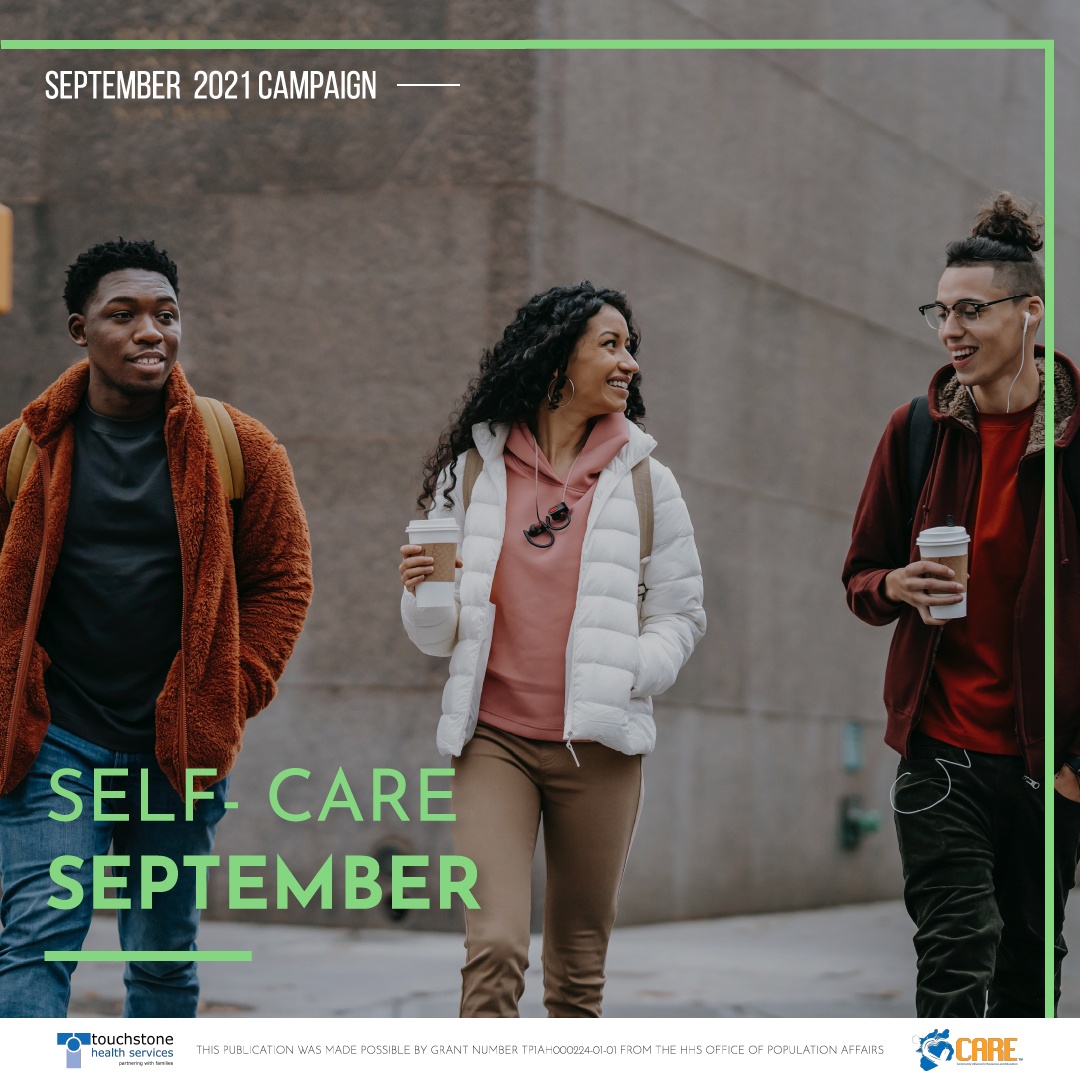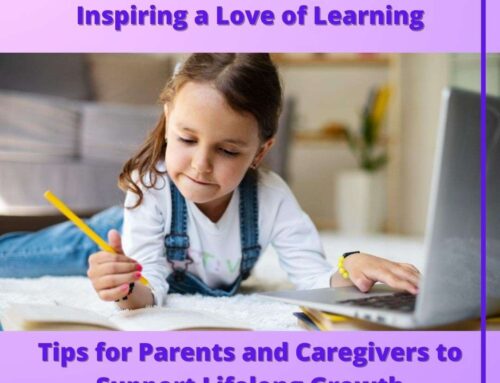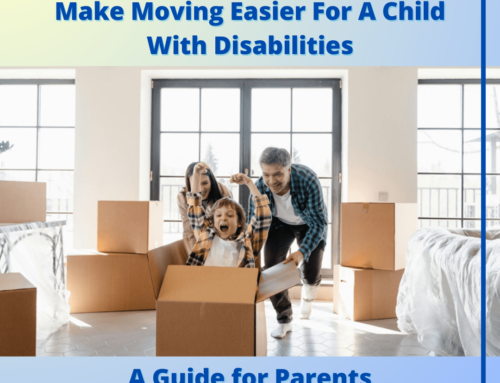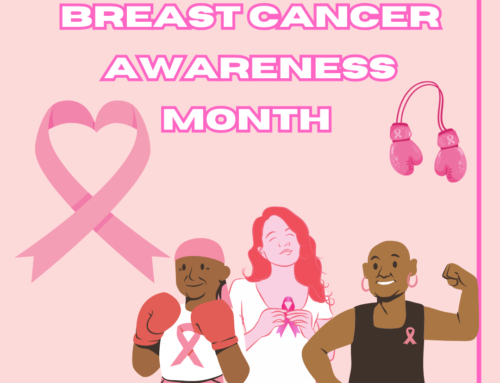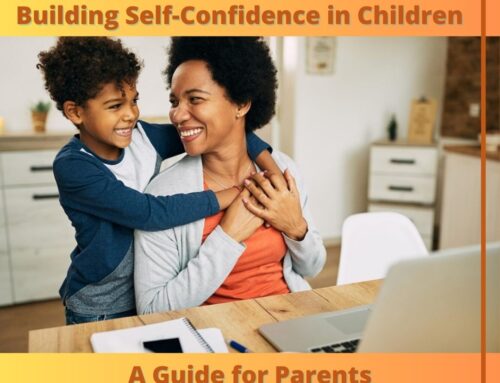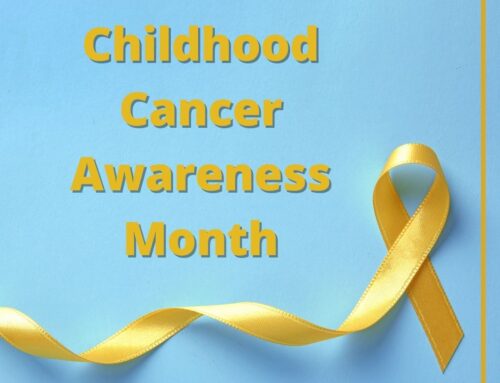Self-Care September
Greeting’s Readers
September is a yearly reminder to practice self-care! The big questions: What is self-care? What are some self-care examples and ideas?
Before we answer these questions, here are some affirmations (Surprise! Words and phrases of affirmations is one example of a self-care practice):
Self-care is the practice of, well, taking care of YOU and YOURSELF. It’s important to make time in your day to do things that make you feel relaxed and calm. Writer, speaker, and mental health advocate Katie Reed said it best when she said, ” Self-care means giving the world the best of you instead of what is left of you”. Sometimes we may feel guilty for spending time or money on ourselves, but when we deny ourselves those joys and those moments, it eventually affects how we live our daily lives. This blog will focus on 4 pieces of self-care; Physical, Social, Emotional, and Spiritual. Okay, now that we have defined self-care, let’s visit that second question, “What are some self-care examples and ideas?”. There is no best way to practice self-care since everyone is very different in their hobbies, what they enjoy spending time doing, and what makes them feel relaxed. So, the key is to find out what YOU enjoy doing, and then do it! While we can’t tell you exactly what will work for you, we have created a short guide featuring example activities for each of the 4 pieces of self-care; Physical, Social, Emotional, and Spiritual. Take a look!
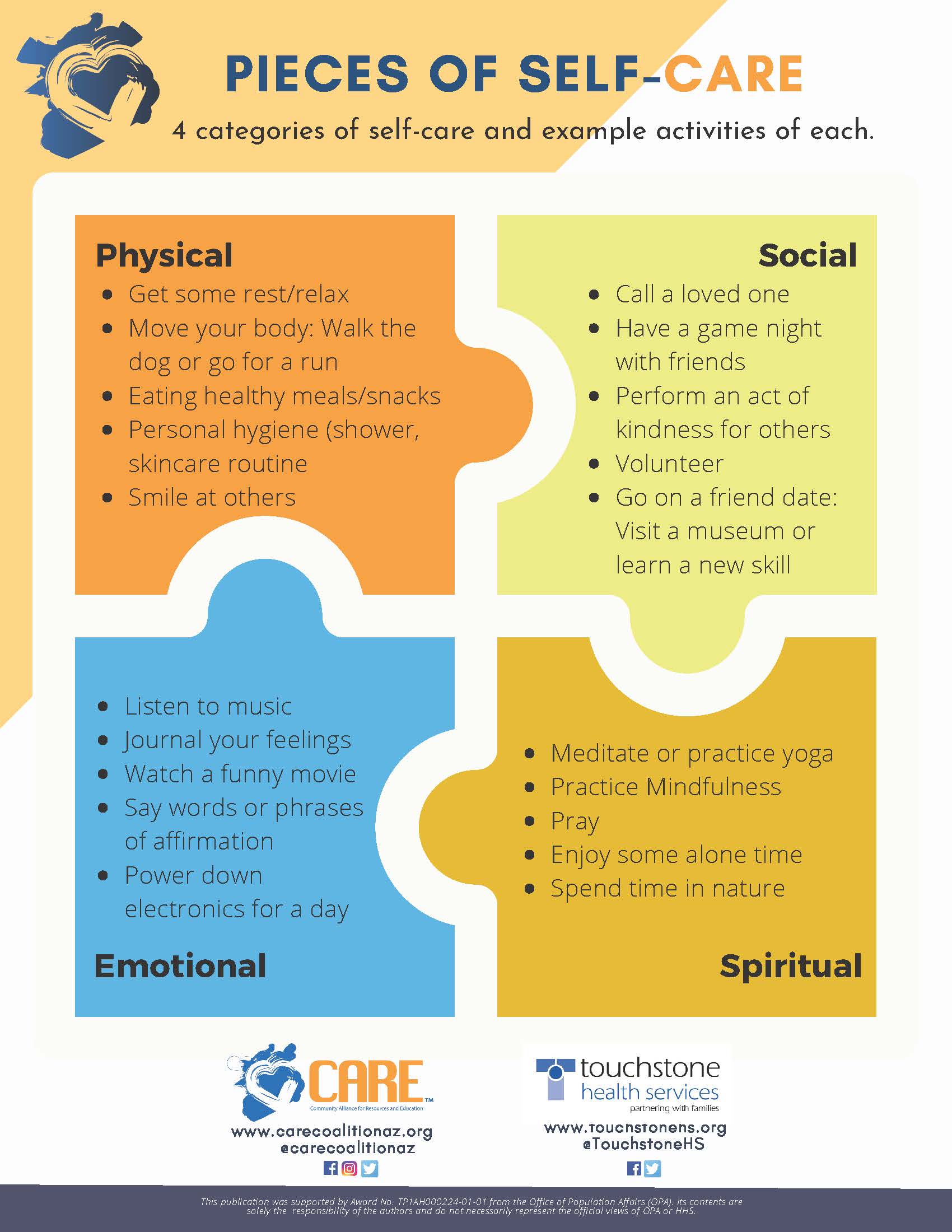
Download the above image here.
Self-care is a life-long journey! Your wants and needs will change, which means that it’s okay if your self-care changes with it. Try an activity, and if it isn’t working for you or isn’t giving you the sense of relaxation and rejuvenation, you’re looking for, then try something else!
Do you have a self-care activity that you enjoy? Share it with us in the comments below!
Visit the CARE’s Soothing Place tab on our website (, a space that is meant to give positive support for your mental health. There you will find ways that you can experience mental freedom through mindfulness, coping skills, and wellness. The links are divided into categories based on age ranges; 0-5, 6-12, 13-18 years, and adults.
Here’s how YOU can be a Prevention Partner:

